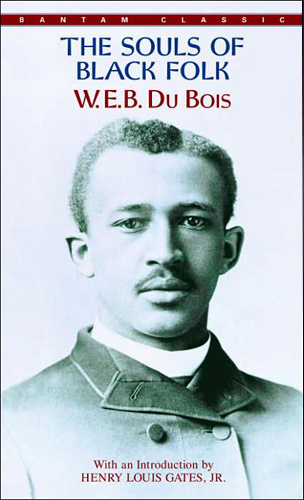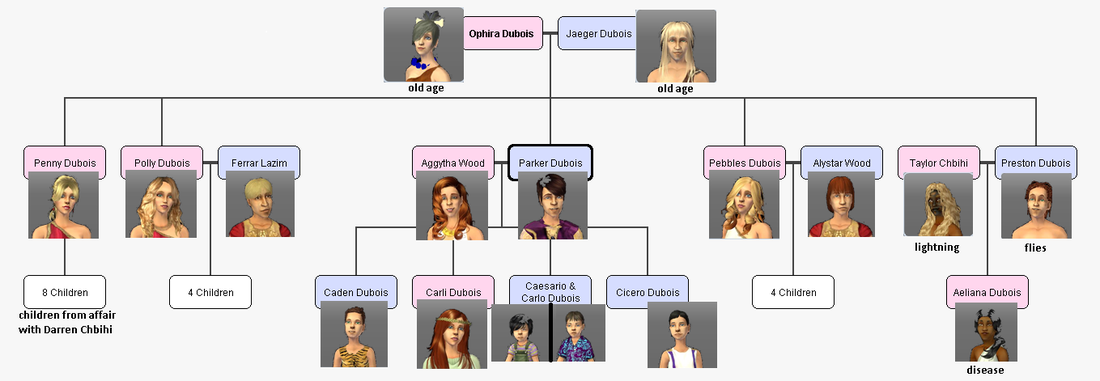

finger-nails, palms of hands, shapes of ears, teeth, and other equally silly rot. A wild oat.” The ease with which Clare has pulled one over on white society disturbs Irene, though she admits that for all white people “usually asserted they were able to tell.

When she asks Clare how she accounts for her family background, Clare emphasizes that her grandfather was white, eliding his affair with a Black woman that resulted in her father, “born on the left hand. While Irene regards this choice as something of a reckless betrayal, she can’t help but be mesmerized by Clare’s boldness, going so far as to marry a white man who has no idea of her heritage. It’s there that she encounters her childhood friend Clare Kendry, who disappeared twelve years prior to live entirely as a white woman. We shy away from it with a kind of revulsion but we protect it.” In the novel’s opening chapter, Irene herself passes, casually going up to a luxury hotel rooftop for a glass of iced tea. “We disapprove of it and at the same time condone it. “It’s funny about passing,” Irene Redfield, the main character in Larsen’s Passing, remarks to her husband. Invariably, however, the denial of one’s Blackness comes at a price, the psychological toll of living a lie. In these books, a character’s choice to pass is one of self-actualization in a society systematically engineered to circumscribe and otherize their existence. DuBois, as well as in Passing, The Vanishing Half, and The Personal Librarian. The inherent nature of Blackness as defying “race scientific” binary categorization, and by extension how this complexity intersects with the marginalization of womanhood, is a running theme in The Love Songs of W.E.B.

By tracing the African American experience back to its roots, she has created a canon-worthy work that exposes the complexity of color and the deep wounds passing superficially attempts to address. Du Bois, out tomorrow, is a novel about passing, however, would be akin to calling John Steinbeck’s East of Eden a book about farming in California Jeffers engages with a richness of Black life and history far beyond her characters’ proximity to whiteness alone. To say that Honorée Fanonne Jeffers’s sweeping epic The Love Songs of W.E.B. New novels including Brit Bennet’s The Vanishing Half (2020) and Marie Benedict and Victoria Christopher Murray’s The Personal Librarian (2021) examine passing on its own terms, from within its impact on Black families, and the myriad reasons why someone (in all of these cases women) may choose to pass. What started with Nella Larsen’s Passing in 1929 has culminated in a recent string of efforts by Black women authors to subvert the simplistic moral expectations associated with “race novels”-namely the readers’ discovery that racism is bad, thanks to the burden placed upon Black characters to prove their white peers wrong.


 0 kommentar(er)
0 kommentar(er)
